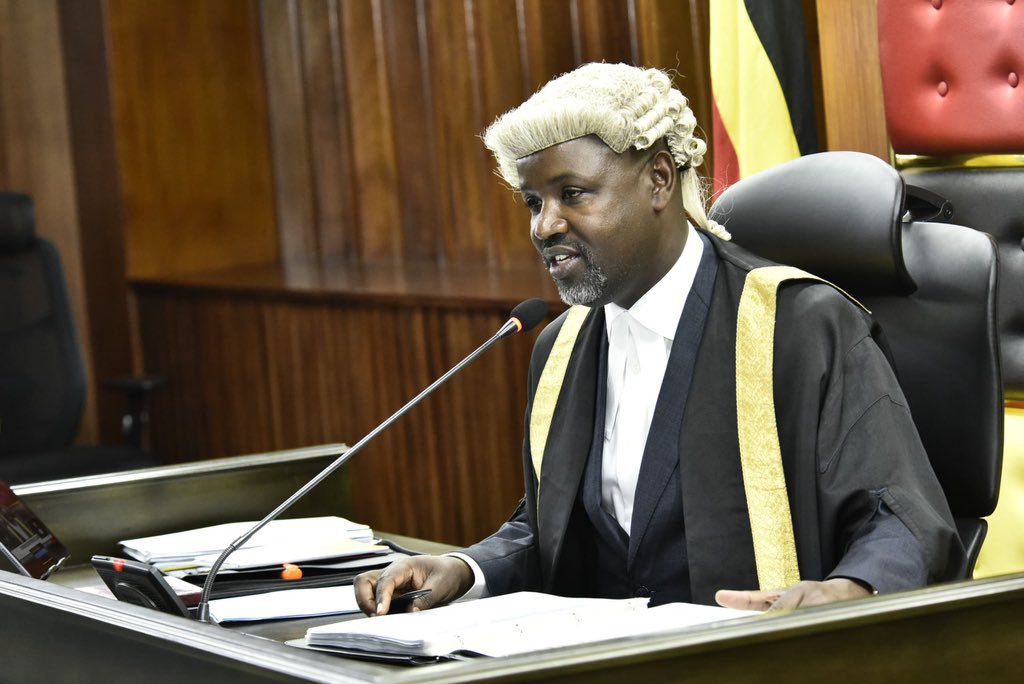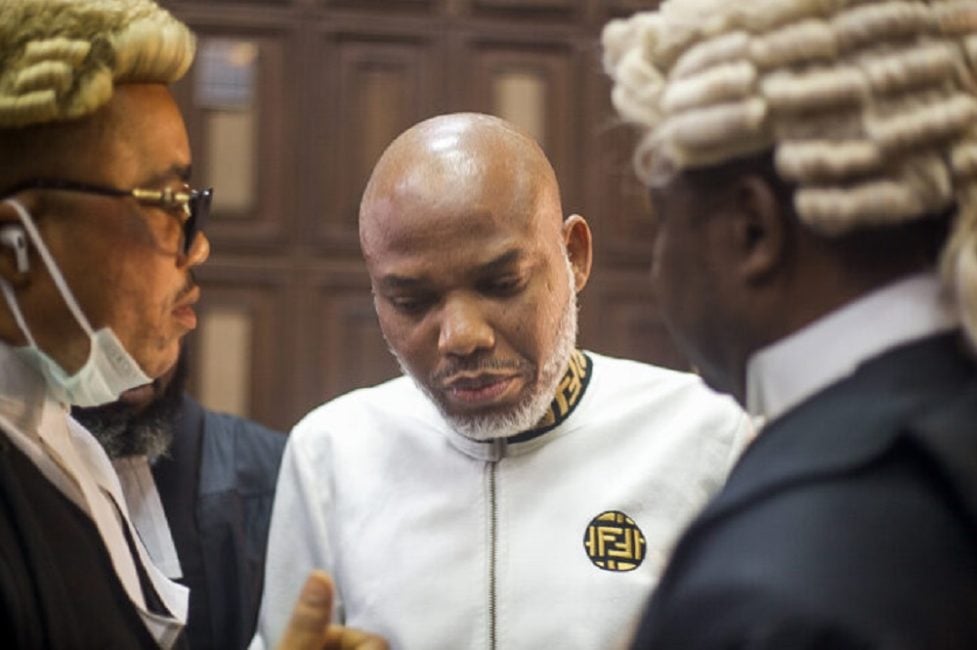Court Cases Involving Coastal Road Project and Akpabio Suit
Several legal proceedings involving high-profile cases have recently seen significant developments in Nigerian courts. These cases encompass disputes over land, infrastructure projects, and senatorial investigations, reflecting the diverse range of legal challenges currently being addressed by the judiciary.
In Lagos, the Federal High Court addressed a suit concerning the Lagos-Calabar coastal road project. The Okun-Ajah community, along with other property owners in the Eti-Osa Local Government Area, had filed a suit, marked FHC/L/CS/1488/2024, challenging the project. The plaintiffs, including Chief Saheed Olukosi and others representing the Okun-Ajah Community, sought to halt the project, naming Minister of Works Dave Umahi, the Attorney-General of Lagos, and Hitech Construction Limited as defendants. However, Justice Akintayo Aluko ruled that the Federal High Court lacked jurisdiction to adjudicate on the matter and subsequently transferred the case to the Lagos State High Court, deeming it the appropriate venue for the hearing. Justice Aluko referenced Section 22(2) of the Federal High Court Act, emphasizing the court's power to transfer cases rather than strike them out simply due to jurisdictional errors.
Meanwhile, in another significant legal development, the suit filed by Senator Natasha Akpoti-Uduaghan against Senate President Godswill Akpabio and others has been reassigned. Justice John Tsoho, the Chief Judge of the Federal High Court, has transferred the case to Justice Binta Nyako. The case, previously handled by Justice Obiora Egwuatu, will now commence afresh (de Novo) under Justice Nyako's purview. This reassignment occurred after Justice Egwuatu recused himself from the matter, citing allegations of bias leveled against him by Senate President Akpabio. The suit aims to prevent the Senate Committee on Ethics, Privileges and Public Petitions from proceeding with disciplinary actions against Senator Akpoti-Uduaghan. Justice Egwuatu's decision to withdraw was based on the principle that justice must be rooted in confidence, and any expressed belief of bias from a litigant necessitates the judge's withdrawal to maintain impartiality. Justice Nyako is scheduled to begin hearing the case on Friday, marking a fresh start for the contentious legal battle.
These cases highlight the complexities and nuances within the Nigerian legal system, where jurisdictional matters and allegations of bias can significantly impact the trajectory of legal proceedings. The outcomes of these cases will be closely watched, as they have implications for infrastructure development, property rights, and the integrity of senatorial oversight.








